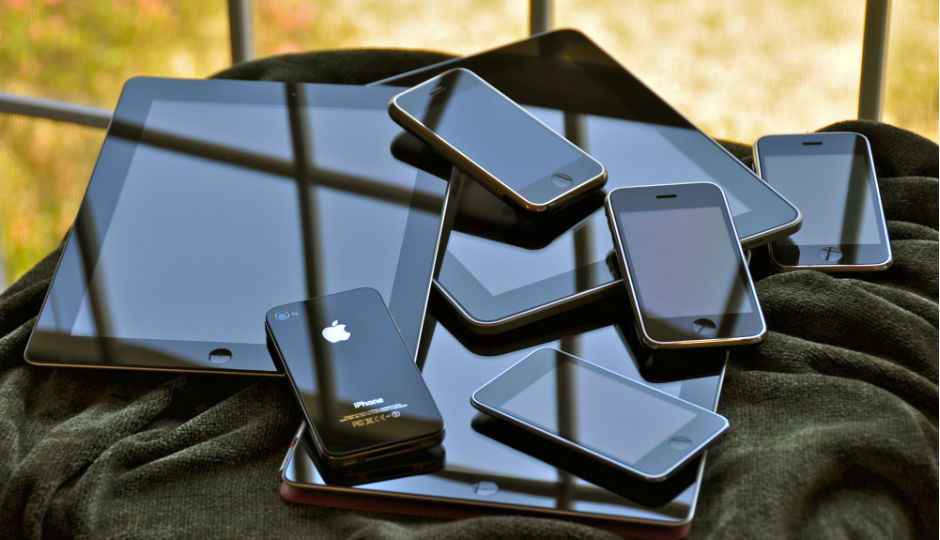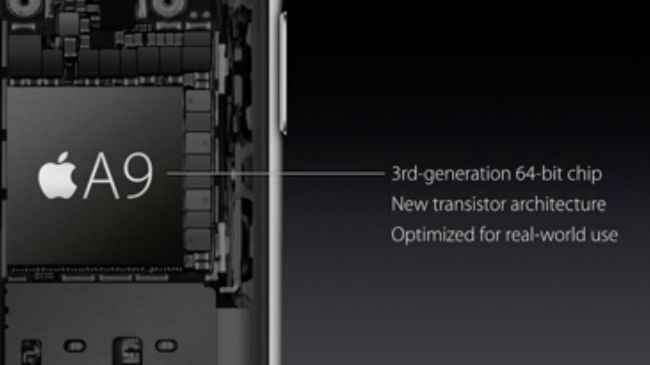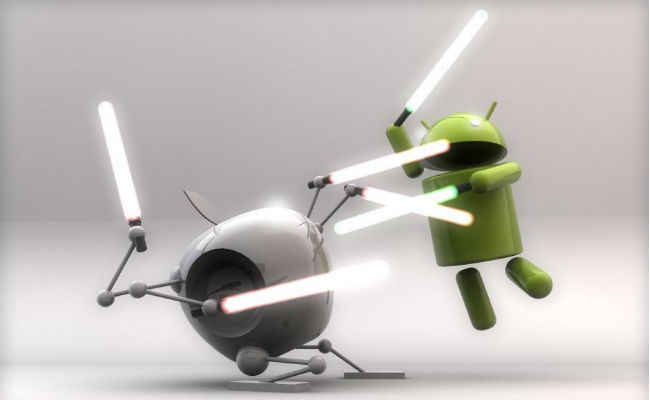Android is closer to iOS than it ever was
Buck up and take note Apple!

I know what you're thinking, this guy has never used an iPhone and doesn't know what he's talking about. My job requires me to use almost every phone that is in the market right now. As much as I'd want to use my own phone forever, I can't write a review without using a phone.
 Survey
SurveyWhile we reviewers are given the unique opportunity to judge a gadget, the one question that no one's ever answered effectively is whether iOS is better than Android. And the reason for that is because the answer is based more on ideology than hardcore tech. It's about whether you can spend that much money, and if you can, then do you want to?
The hard fact of the matter is that on a purely technical level, iOS is indeed better than Android. That is, as long as we're talking only about performance, memory management etc. When you throw in things like price, open-ness etc. into the mix though, things change.
The vertical integration..
On a pure technical level, Apple's iPhones have always performed better than their Android counterparts. The reason for that is the company's vertical integration, the marriage between hardware and software. Apple designs the SoCs and makes the software it'll be running with. It is the reason why the company has stuck to 1GB RAM while Android OEMs are about to touch 6GB.
Android on the other hand, has been plagued by fragmentation. Google makes the OS, Qualcomm makes the SoC, Sony makes the camera sensors and some other company makes the finished product that you buy, bringing all these components together.
Over time, that has kept Android from attaining the level of efficiency that iPhones present, speaking in terms of performance. Let's take a look at where iPhones have been better over the years. Simply put, camera, processor performance and memory management. These three parameters have for long kept iPhones ahead of Android.
But things are changing…
I've been using the Galaxy Note 5 for a good while now, before the new iPhones came in. And the phone leaves no room for complaint. Add to that the fact that the Note 5 is smaller than the iPhone 6s Plus, and easier to use overall, despite its bigger display.
Further, cheaper phones like the OnePlus 2 and others have pushed the boundaries of what Android phones can do, even without costing a bomb. Fingeprint sensors are available on Android phones worth 20k, while the iPhone's camera takes a hit from phones way below its price range.
Samsung has achieved this level of performance using its own SoC along with Android. Huawei is another Android OEM that has been working with its own SoCs. In addition, Samsung already has its own operating system running, even though it'll be a while before that comes to fruition, if ever. The fact of the matter is, be it by brute force (top class processors combined with oodles of RAM and so on) or otherwise, the competition is nearer.
Buck up Apple..
For long Apple has enjoyed a big lead on Android OEMs, but it's evident that the gap is thinning. On top of everything, there are just too many Android OEMs today. Apple and Samsung enjoy the lion's share of the market today. But just take a look at the market today.
You have all the smaller firms (in terms of market share) on one side and on the other you have Apple and Samsung. While questions are often asked about the Chinese manufacturers competing against each other, they're actually trying to take a piece off of these bigger ones' share.
Today it's the camera, but they're all headed towards thinning the performance gap. It may be impossible with the amount of fragmentation in the market, but throw in the money angle and you have a winner.

